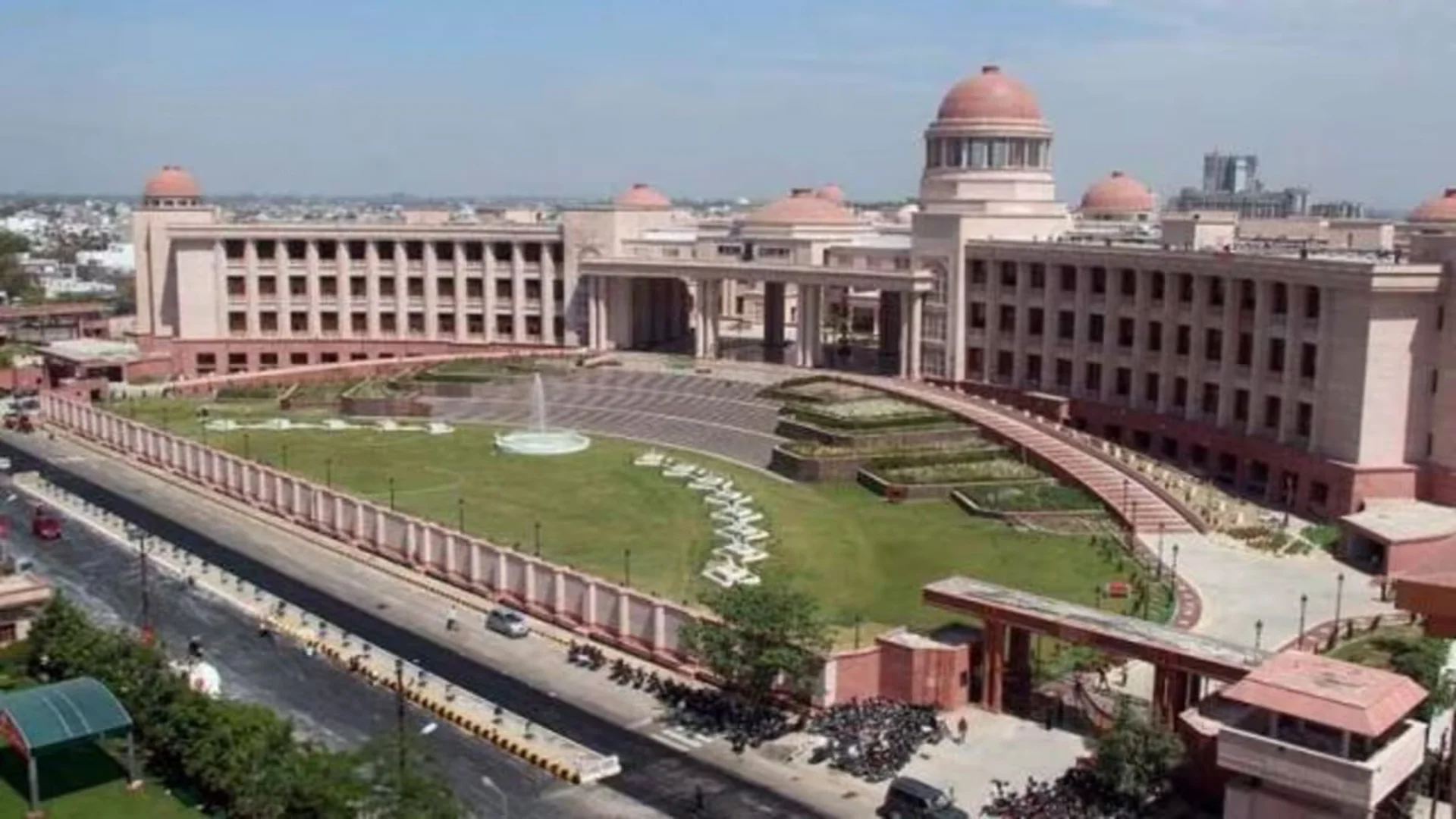
Plea has been filed by the Central Government wherein seeking review of the judgement of Supreme Court wherein the Top Court had declared that Section 3(2) of the Benami Transactions (Prohibition) Act 1988 as unconstitutional on the ground of being manifestly arbitrary. The bench comprising of Chief Justice DY Chandrachud and Justice PS Narasimha was hearing the plea mentioned by olicitor General of India Tushar Mehta. The bench comprising of Chief Justice of India NV Ramana, Justice Krishna Murari and Justice Hima Kohli held through the judgement which has now been challenged that the Benami Transactions (Prohibition) Amendment Act 2016 which could not be applied retrospectively. It has also been stated by the said court that the 2016 amendment could not be held as merely procedural. It has been submitted by SG Tushar Mehta that the judgment struck down certain provisions which were not challenged. It has been stated that, due to the said judgment a lot of orders which are being passed across India even though some of the provisions of the Benami Act were not even under challenge, we seek an open court hearing of the review. Further, it has been stated by Solicitor General that the said issue of retrospective application should not have been looked into as the Act is not a penal legislation. However, the Delhi High Court in 2022 quashed the proceedings which are being initiated against Aam Aadmi Party leader Satyendar Jain under Benami Transactions (Prohibition) Amendment Act, 1988. A note has been taken by the court of the Supreme Court ruling and noted that it was held that the Benami Transactions (Prohibition) Amendment Act 2016 could not be applied retrospectively and Section 3(2) of the unamended 1988 Act was being declared as unconstitutional for being manifestly arbitrary. A bunch of pleas filed by Jain and others has been allowed by Justice Yashwant Varma of Delhi High Court, wherein challenging the initiation of proceedings under the Act on the ground that the same were being initiated for the attachment and confiscation of properties which were acquired prior to the enforcement of the Amendment Act of 2016. Th e S up r e m e C o u r t through the judgement had stated: 1. In rem forfeiture provision stated under Section 5 of the unamended Act of 1988 which being prior to the 2016 Amendment Act, was unconstitutional for being manifestly arbitrary. 2. The 2016 Amendment Act was not merely procedural, rather, it being prescribed substantive provisions. 3. In rem forfeiture provision under Section 5 of the 2016 Act which being punitive in nature, can only be applied prospectively and not retroactively. 4. The Concerned authorities cannot initiate or continue criminal prosecution or confiscation proceedings for transactions entered prior to the coming into force of the 2016 Act, viz., 25.10.2016. However, as the consequence of the above declaration, all such prosecutions or confiscation proceedings shall stand quashed.















